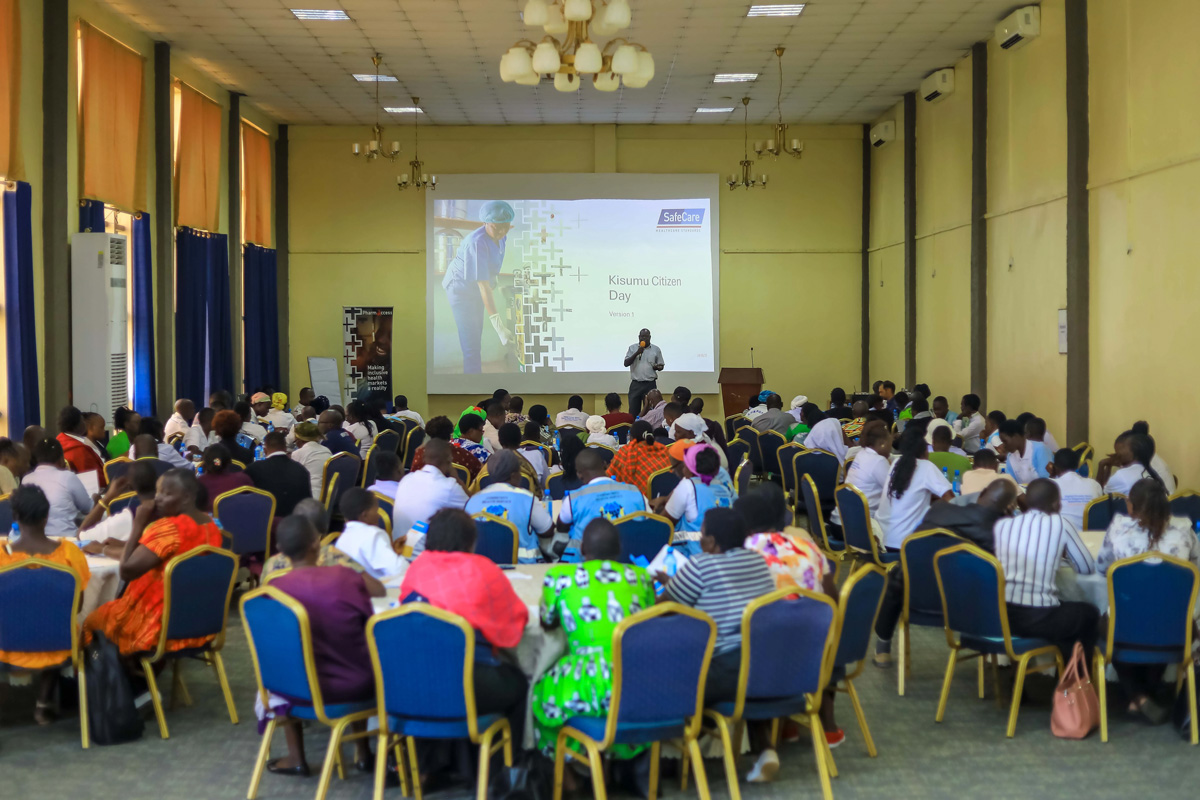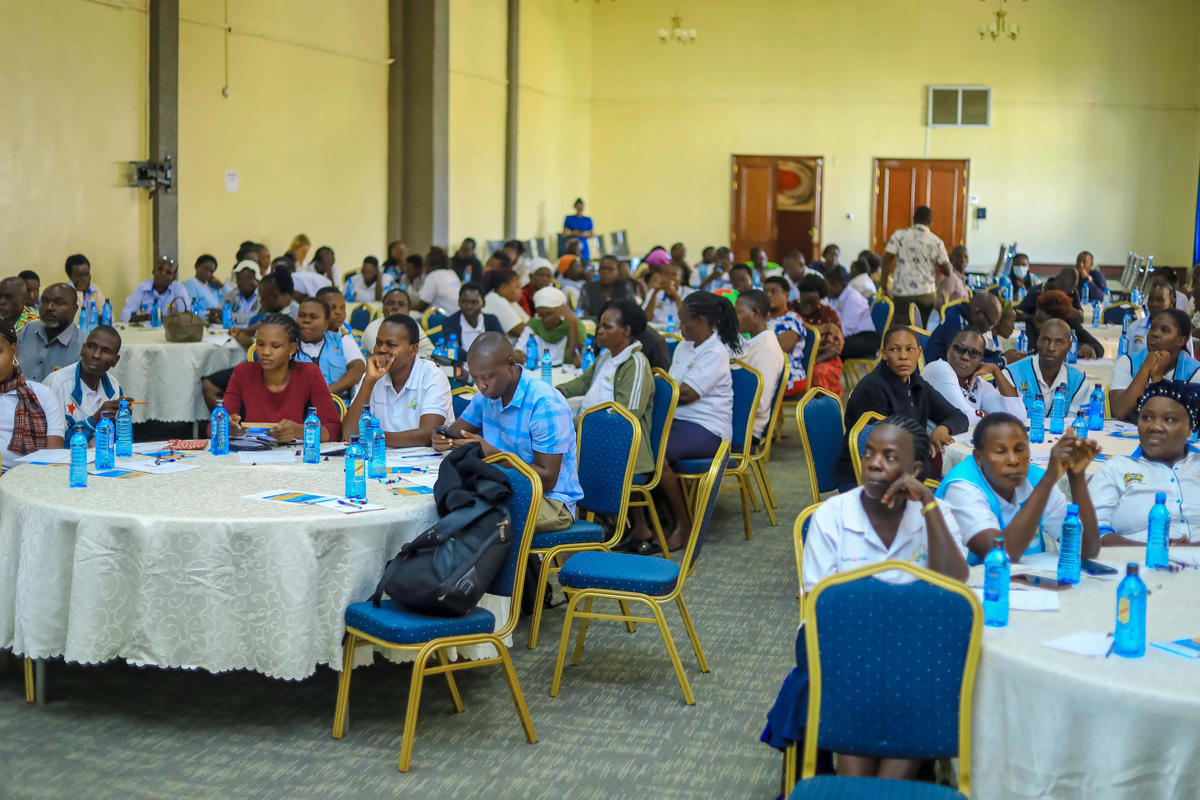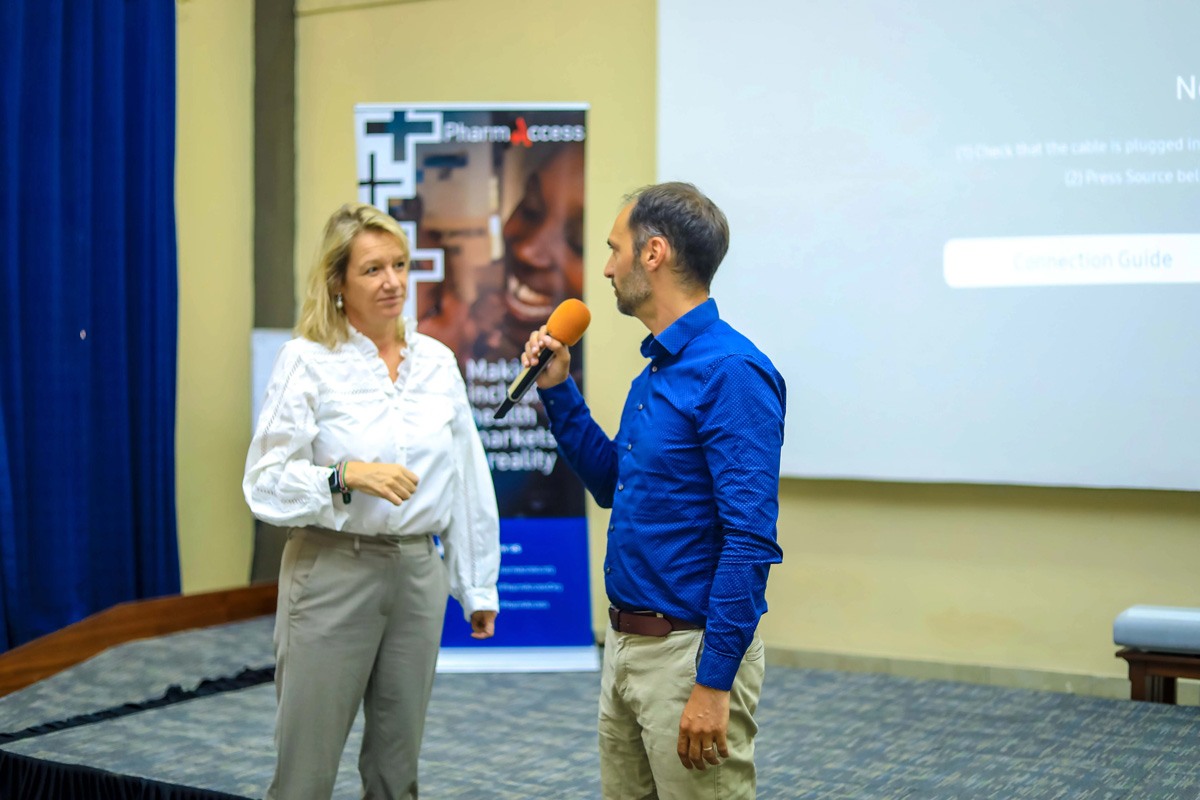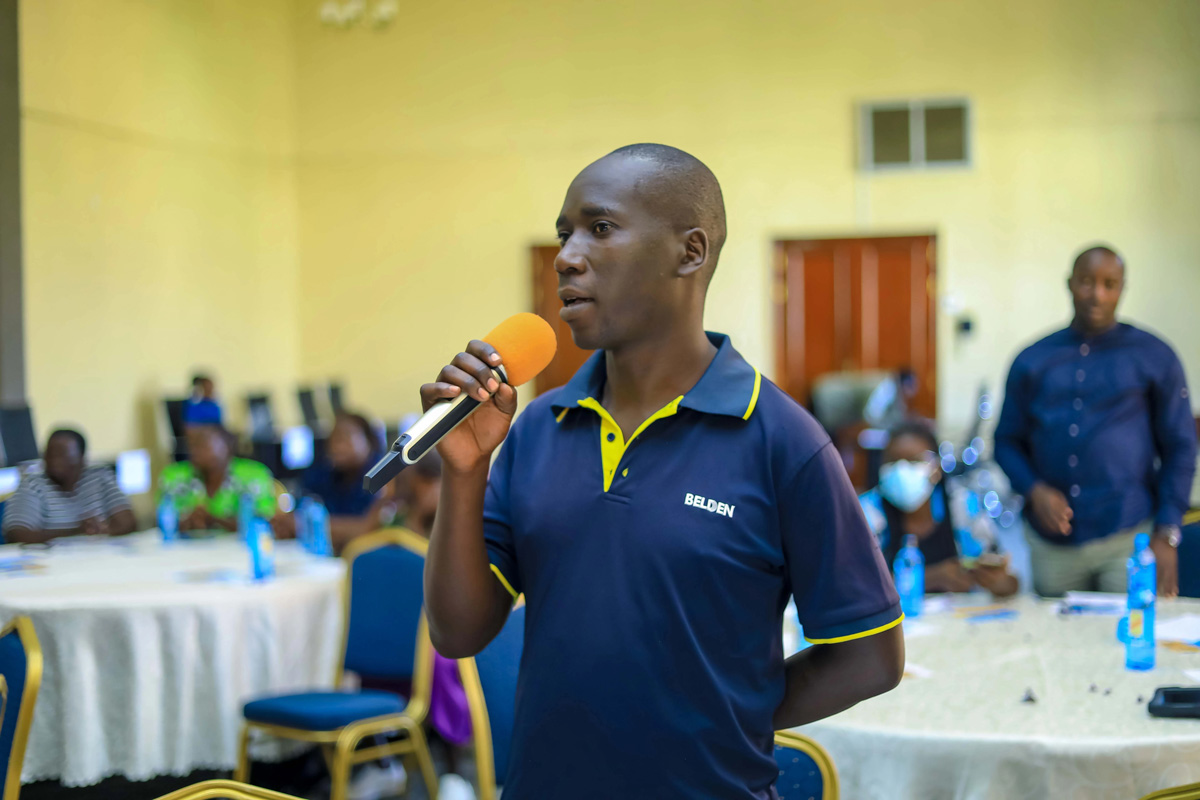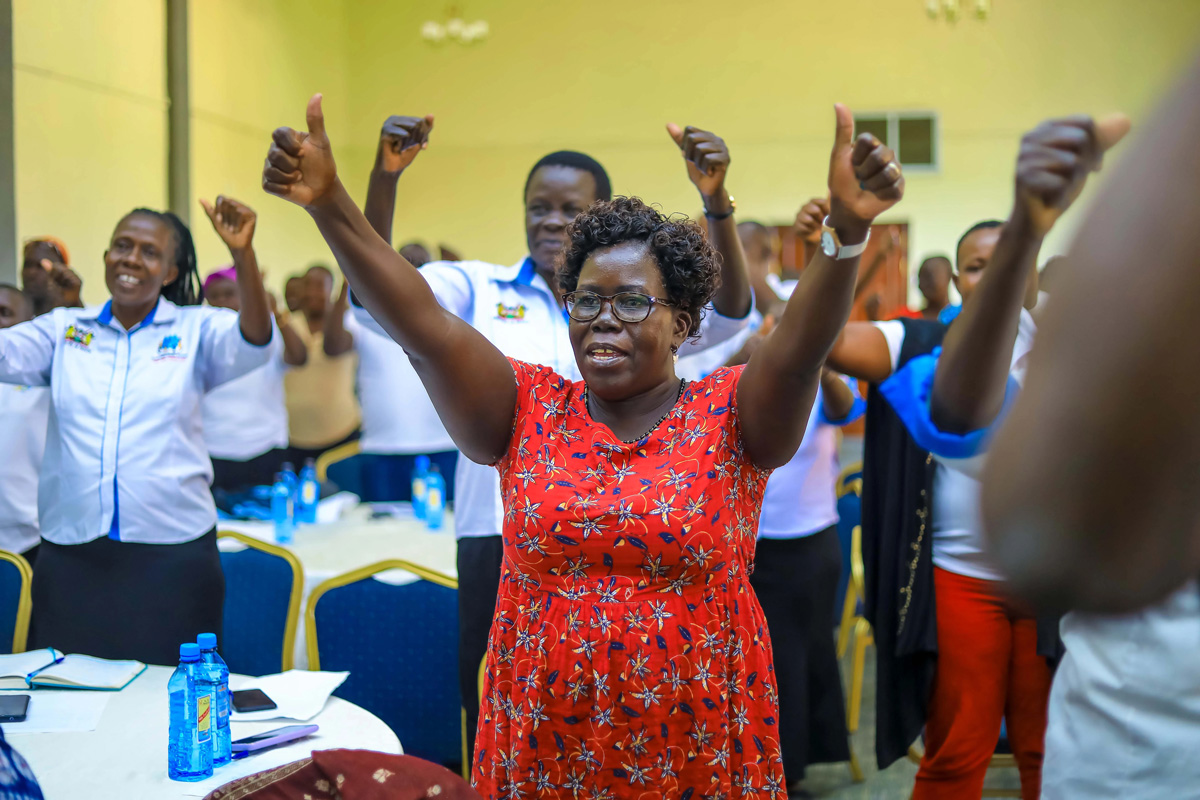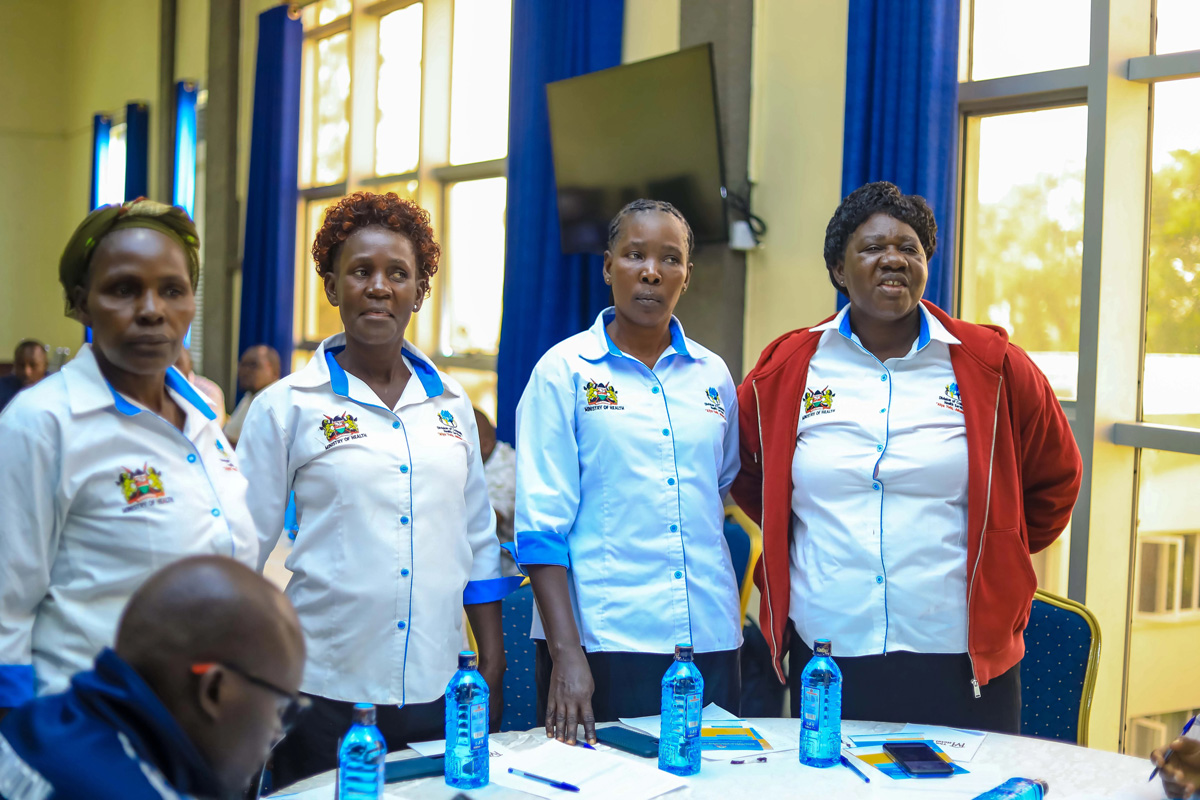Healthy Kisumu: A Citizen Event Strengthening the Fight Against Water-Related Diseases
Date: June 24, 2025
Location: The Vic Hotel, Kisumu, Kenya
On June 24, 2025, the city of Kisumu, Kenya, played host to a significant milestone in the DIDIDA project’s mission to empower communities in the fight against infectious diseases. Held at The Vic Hotel, the “Healthy Kisumu” Citizen Event brought together over 100 key stakeholders—including health officials, community health promoters, researchers, and development partners—for a day of discussion, education, and collective action against water-related diseases like schistosomiasis and malaria.
This citizen event formed a cornerstone of the DIDIDA project’s public engagement efforts. Beyond simply raising awareness, it aimed to foster a collaborative environment where knowledge is shared, local experiences are valued, and practical solutions emerge. The event also highlighted the essential connection between climate change, water-borne diseases, and public health, while showcasing how citizen involvement can play a transformative role in health innovation across Africa.
Setting the Scene: Why Kisumu?
Kisumu, located along the shores of Lake Victoria, is one of Kenya’s regions most affected by water-related diseases. The prevalence of malaria remains high, while schistosomiasis continues to pose a significant public health burden. Rapid urbanization and the escalating effects of climate change have only intensified these challenges.
Recognizing this, the DIDIDA project—supported by Horizon Europe and UKRI, and coordinated by Innotrope—chose Kisumu as a strategic site for community engagement. The project focuses on enabling local production and adoption of next-generation diagnostic tools for infectious and non-communicable diseases in Africa.
A Multi-Stakeholder Gathering
The event brought together stakeholders from the County and Sub-County Health Management Teams, over 90 Community Health Promoters (CHPs), the PharmAccess Kisumu team, DIDIDA PhD students, and a representative from Innotrope. CHPs from multiple health units shared lived experiences, emphasizing the grassroots importance of disease detection and prevention.
The Agenda: Awareness, Education, and Empowerment
The event featured updates from the Ministry of Health, DIDIDA’s progress, and community education activities. The agenda was structured around awareness of climate-related health threats and hands-on engagement with disease prevention strategies.
Climate Change and Health
A presentation from a county health expert addressed how climate change is increasing the risk and reach of diseases like malaria and schistosomiasis. Participants emphasized the need for climate resilience in health policies.
Focus on Water-Related Diseases
Sessions led by County Coordinators focused on:
- Schistosomiasis – Prevention, symptoms, treatment, and the critical need for early detection.
- Malaria – Trends in prevalence, diagnostic challenges, and community-level interventions.
DIDIDA PhD students introduced the new multiplexed Rapid Diagnostic Test (RDT) under development—offering the promise of accessible, accurate testing for both diseases in a single tool.
Promoting Quality Standards
PharmAccess presented the SafeCare Green Standards, focusing on sustainability and infection prevention protocols for health facilities. County officials were urged to embed these standards into public health budgets to guarantee long-term impact.
Empowering the Community: Role Plays and Dialogue
CHPs led highly engaging role-play sessions simulating household visits, outbreak scenarios, and referral processes. These demonstrated the real-life challenges of health education in underserved communities, while highlighting CHPs’ dedication and skill.
Community Voices and Feedback
The open discussion identified key issues:
- Lack of clean water and sanitation infrastructure
- Misinformation around disease transmission
- Need for diagnostics access at the community level
- Call for continued CHP training and support
Participants emphasized that health innovation must be grounded in daily realities and build on existing community strengths.
Key Takeaways and Recommendations
- Cross-sector collaboration is essential—health, sanitation, and climate action must be integrated.
- Community Health Promoters are indispensable and must be equipped with better tools and training.
- Diagnostics and infrastructure investment yields long-term public health gains.
- Climate resilience must be part of public health planning.
- Quality standards should be included in government budgets.
Looking Ahead
The Kisumu event sets the stage for broader community engagement in Kenya and other DIDIDA partner countries. The project will now work to:
- Develop training modules for CHPs
- Collaborate with media on public awareness
- Advocate for diagnostic innovation in health policy
DIDIDA thanks all participants and partners who made this event possible, including PharmAccess Kenya, Kisumu County Health Teams, CHPs, and community members whose input will shape future actions.
Want to know more?
Are you a student and you want to learn more? A researcher seeking to consult our publications? A citizen eager to better understand the issues? A decision-maker who can promote this innovation? A journalist looking for an engaging story to tell?

